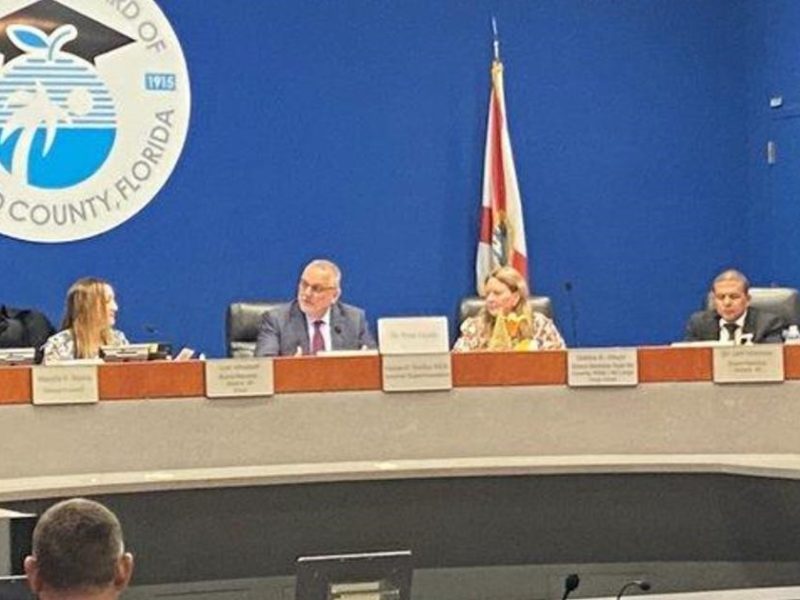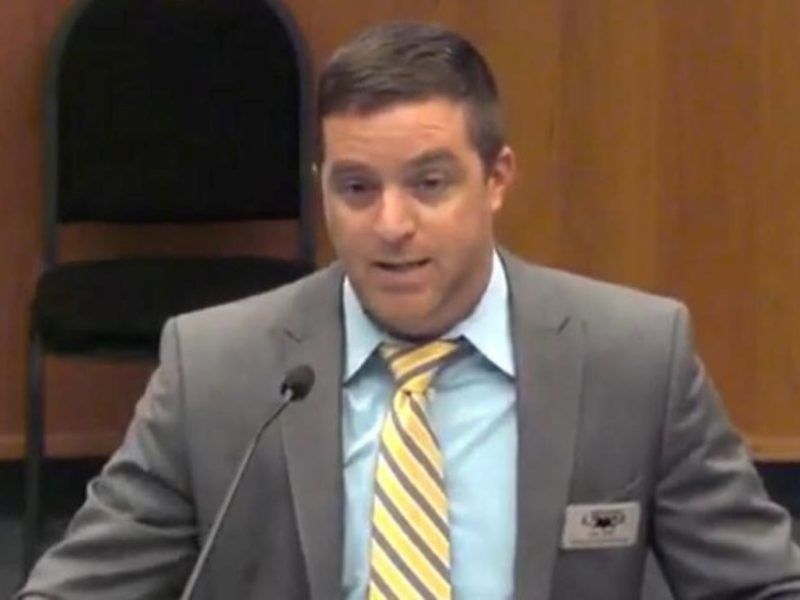Florida leaders look for revenue (but don’t call them tax hikes) to fill $2.7B budget hole
Orlando Sentinel | by Gray Rohrer | December 1, 2020
TALLAHASSEE ― Facing a $2.7 billion budget shortfall, legislative leaders are searching for ways to raise new revenue, although not through tax hikes, along with cuts to education and health care to fill the gap when they return to the Capitol in March.
The shortfall for the budget year that begins in July was caused by a series of falling dominoes, starting when the coronavirus pandemic shut down the tourism industry in the spring and early summer.
That led to a sharp drop in state revenues, followed by massive furloughs and layoffs in the tourism industry. The loss of employer-based insurance led to an increase in Medicaid rolls, boosting state costs further as revenues tanked.
Staring at a grim budget picture, Florida’s Republican legislative leaders, who typically look for ways to cut taxes, are now looking for ways to bring in more revenue without raising taxes.
Senate President Wilton Simpson this month floated the idea of signing a new compact with the Seminole Tribe to produce more revenue from gambling, as well as passing a law to collect online sales taxes from out-of-state companies. The online sales tax bill, though, has received pushback from some Republicans in the House in recent years who consider it a tax increase.
“I can assure you if you read tax law it’s not a tax increase,” said Simpson, R-Trilby. “We use the honor system to collect those taxes … the honor system does not work very well. So it’s not a tax increase to pay the taxes you owe.”
Yet as the state’s budget picture is in its worst shape in a decade, new House Speaker Chris Sprowls said he is open to an online sales tax bill.
“I’d rule out tax increases but you’re suggesting something like the sales tax collection on something – sales tax already exists,” said Sprowls, R-Palm Harbor.
State economists estimated a similar bill last year would bring in nearly $321 million for the state the first year and then $479 million per year in the future. Local governments would see a $100 million boost in the first year and $133 million in future years.
And the previous gambling compact brought in $350 million per year, which would help fill the budget gap and reduce the need for larger cuts to other programs.
But both of those figures could be off base now, as the public health recommendations to help slow the spread of COVID-19 have altered consumer behavior. It has boosted online sales, which could mean an online sales tax bill would bring in more money, but trips to casinos and parimutuels have also been reduced, cutting into the money that would come from a new compact.
Bills to collect more online sales taxes, backed by brick-and-mortar retail stores, have gained traction in the Senate in recent years, but have run into opposition in the House, where legislative leaders have rejected any move that smacks of a tax increase, even if it doesn’t technically meet the definition.
Even if both of those measures pass, lawmakers will still have to make major cuts to account for the shortfall. Sprowls and Simpson hinted last month that since more than two-thirds of Florida’s $93 billion budget goes to education and health care, much of the cuts would fall on schools and health care programs.
“Clearly (K-12 schools) is a place where we’ve spent a lot of resources when we had times of plenty and now we’re in times of lean and that’s something we’re going to have to take a look at,” Simpson told reporters after the organizational session Nov. 17.
Simpson and Sprowls both said they’d oppose tax or fee hikes, including the prospect of eliminating decades-old tax breaks and corporate tax loopholes as some Democrats have called for. That would bring in more revenue and reduce the need for cuts.
Gov. Ron DeSantis, though, said Monday he wants to preserve the $500 million that went to teacher pay raises this year in next year’s budget. Florida schools have been boosted by $2.4 billion in federal CARES Act money to help with COVID-19 related expenses but also to prevent funding losses resulting from children not attending in-person classes, since state law ties school funding to in-person attendance.
That money might not be there next fiscal year, as Congress has stalled on passing another relief package for the pandemic.
As lawmakers search for ways to bring in more revenue, one area where Sprowls and Simpson could clash is over tuition hikes for colleges and universities. Simpson said that after 10 years of freezing tuition, the Legislature should consider allowing schools to raise it again as a way to avoid cuts in other areas that have gone underfunded even in good times.
“We want to make sure that we maintain a very high level of higher education, but at the same time we have kids that are in and out of foster care because we don’t have resources to be able to manage that system,” Simpson said. “So when you start putting priorities together, I’m going to have a higher priority to make sure we’re taking care of those most vulnerable children, and we haven’t raised tuition in this state in 10 years.”
That move could be politically tricky. DeSantis’ predecessor, Rick Scott, now a U.S. senator, pushed his appointees to the State University System Board of Governors and universities’ boards to hold the line on tuition during his eight years in office, which ended in January 2019.
Scott released a statement Monday urging the Board of Governors to stick to that policy.
“Raising tuition on families is a tax increase,” Scott said. “It’s a tax increase that harms Floridians’ ability to achieve the American dream of earning a higher education diploma. As families are still struggling to recover from the coronavirus, leaders in Florida should absolutely not consider raising tuition.”






